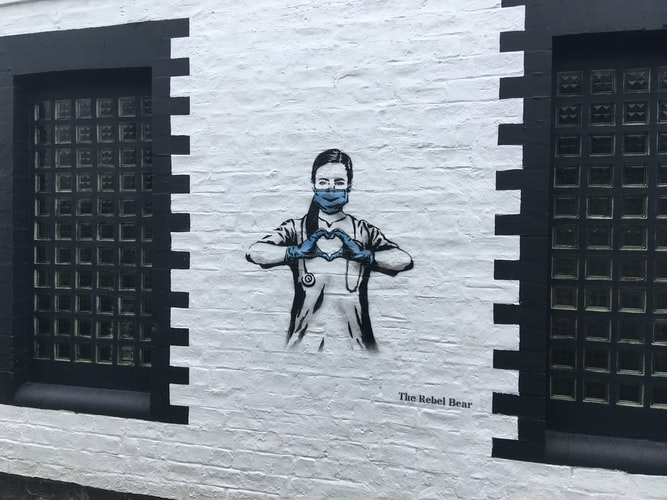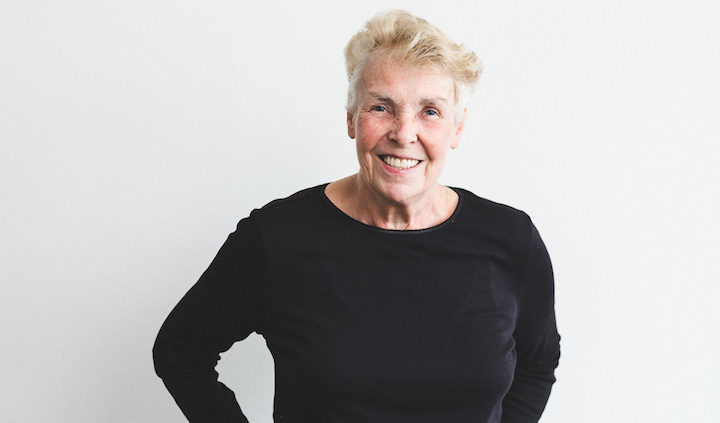
COVID-19 and the effect on Victorian women and gender diverse people
VWT has signed on to the following statement with Gender Equity Victoria (GEN VIC) and over 100 organisations in Victoria (as at July 29 2020):
“The Coronavirus pandemic is exceptionally difficult for everyone and is having a huge impact on all our lives. So far, a gender analysis of the impact of pandemic has been largely invisible in public debate and planning. Many women are on the frontline, delivering essential services in nursing, disability and mental health care, aged-care, early childhood education, teaching, family violence, housing & homelessness, social support and retail. As public fear, concerns for ill-health, financial strain and mandatory isolation intensify in the community, women at the frontline are at increased risk of gendered violence. Gendered work in caring professions has traditionally been low paid and insecure, yet Victorian women are now finding themselves delivering whole of community solutions that support the entire state economy and public health plans.
Now that schools are delivering educational programs remotely and flexibly, with the majority of children learning at home, it will be women who continue to take on most of the unpaid care work, reducing their hours or giving up paid work, turning the clock back on gender equality. Or they will battle on in an unenviable juggle struggle of keeping both care work and remote employment going at the same time. Women will also be more likely to care for older or disabled relatives and neighbours. The Victorian Government’s Report into the value of unpaid labour in Victoria assessed women’s work at a value of $205 Billion – half of the state’s GDP. The value if this work will only increase during the pandemic.
For women in insecure work who have lost employment altogether, they face increasing risk of poverty, building on already concerning statistics about the levels of poverty facing single mothers and single women in their senior years.
We are also concerned that Victorian women will be at risk of family and other forms of gendered violence while self-isolating at home. Expert research conducted in Victoria into the connection between Gender and Disaster has found that family violence incidents spike during and after catastrophic events.
Governments are investing millions of dollars in survival and stimulus money and it will be important for the specific challenges women are facing to be included in disaster response and recovery. Before Covid19, Victoria was already in state-wide disaster response and recovery after the summer bushfires, with many communities across the state already tired and hurting. Gender equal decision making is critical to achieving gender equality before, during and after disaster. Women, girls and gender diverse people must be seen, have their voices heard and their needs met.”
To read more including the 10 actions our Government must take please click on the button below.




